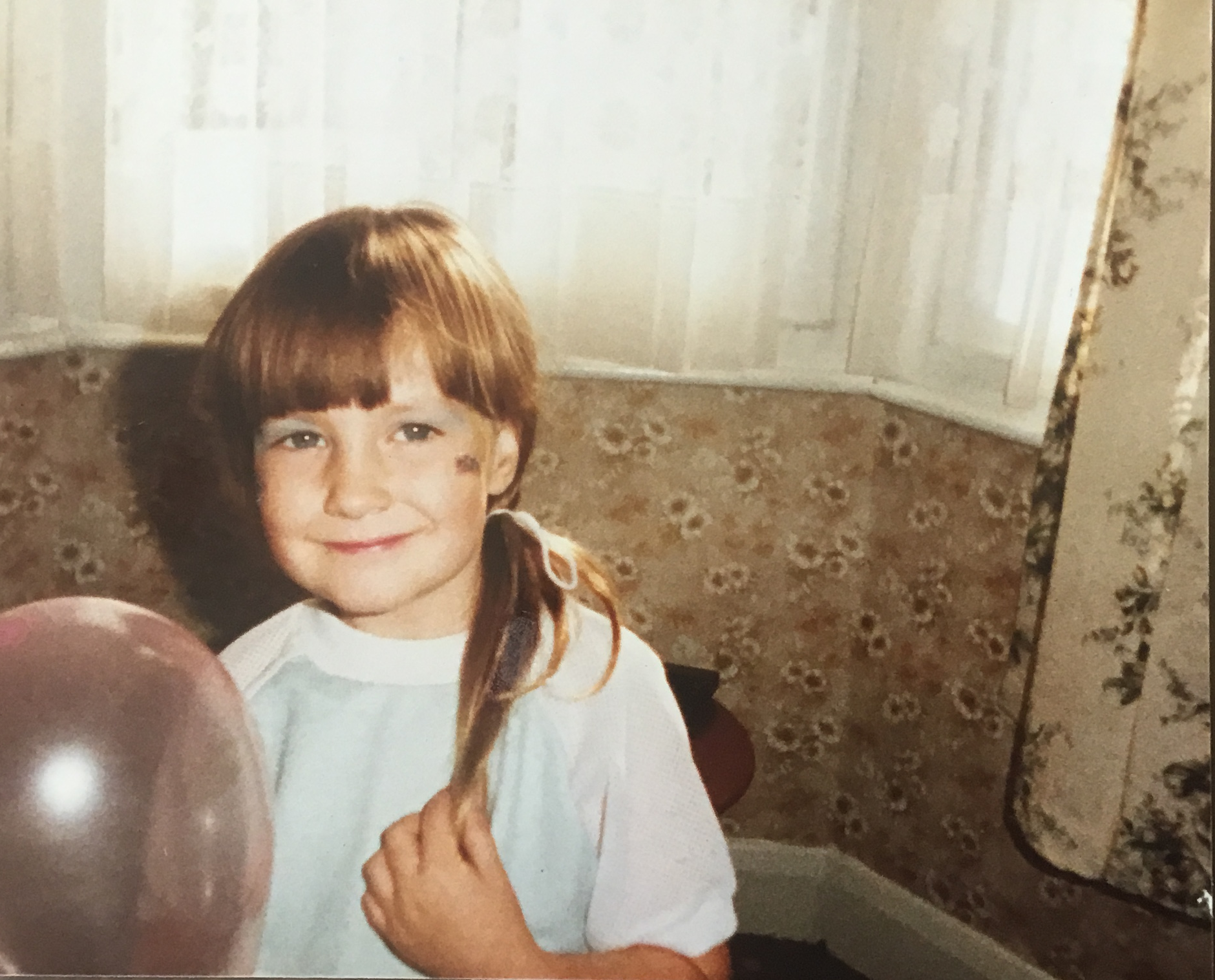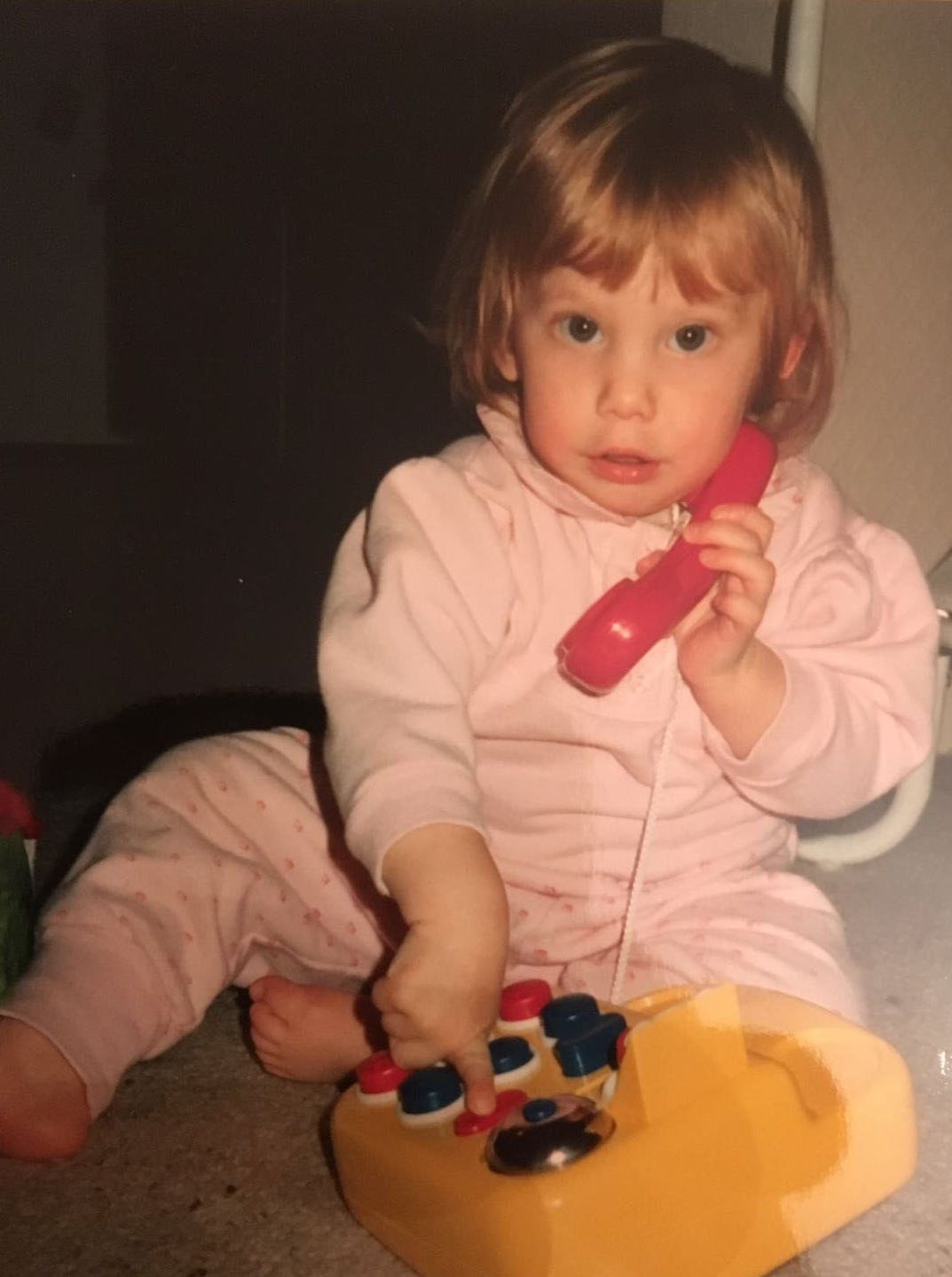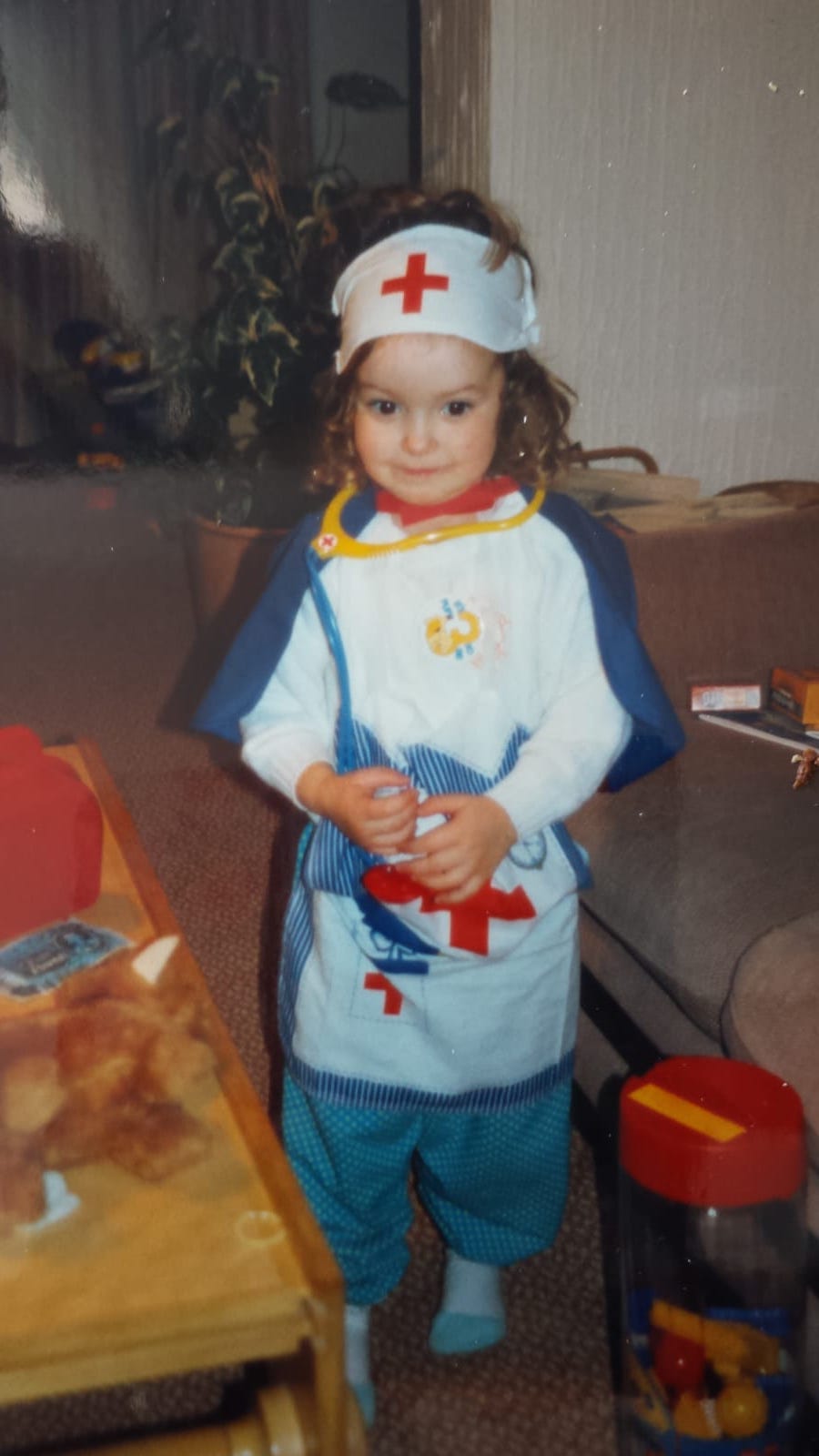Biographies
Tracey Loughran (Principal Investigator)

I am a historian of twentieth-century Britain, with particular interests in the interaction of ideas and experiences of body, mind and self. My research centres on how knowledge is constructed, translated, transformed and understood across different contexts. This thread connects my diverse research projects on trauma in the early twentieth century, psychoanalysis in the interwar period, and female bodily experiences, psychological subjectivities and familial relationships in postwar Britain. I am especially interested in the methodological challenges posed by researching subjectivity, and in interrogating the relationship between women’s agency and broader structural forces that constrained their possibilities for action. These interests guide my major strands on the project. The first of these focuses on working-class women’s changing health experiences, and how they formed ideas about health via interactions with medical authorities, mass-market magazines, and family. The second explores how women’s experiences of ‘embodied time’ changed across this period, and how they understood these changes, focusing particularly on conceptions of ‘menstrual time’, perceptions of age and fertility, use of different reproductive technologies, and understandings of the differences between their own and their mothers’ lives.
Daisy Payling (Senior Postdoctoral Research Assistant)

I completed my PhD at the University of Birmingham in 2015 on activism and local government in the 1970s and 1980s, before working as a research fellow at the London School of Hygiene and Tropical Medicine until December 2017. There I worked on a project called ‘Placing the Public in Public Health, 1948-2010’, exploring how health surveys were used as a tool to measure population health and to gather information on public opinion of health challenges and services. I looked at how surveyors imagined different publics, but also explored how members of the public spoke back to public health through surveys and other means. I joined the University of Essex and the ‘Body, Self, and Family’ project in January 2018. My strand of the project explores shifts in modes of public communication about health and illness by making use of diverse sources such as newspaper columns, women’s magazines, activist publications, and the archives of journalists and agony aunts. It asks how boundaries between expertise and authenticity were negotiated between medical practitioners, journalists, and readers – so-called ‘ordinary’ women – with regards to women’s health. In this way my work develops my interests in thinking about authority in knowledge production and in exploring histories of health from the bottom-up.
Kate Mahoney (Junior Postdoctoral Research Assistant)

I completed my PhD at the Centre for the History of Medicine, University of Warwick in September 2017. My thesis examined mental health activism in the women’s movement in Britain, c. 1968-1995. It aimed to reframe histories of mental health and community care by charting the influence of local feminist organisations and initiatives that operated beyond state-led services. I joined the ‘Body, Self and Family’ project in October 2017. My strand of the project uncovers the bodily and emotional experiences of feminist, BAME and LGBTQ+ activists in Britain from the 1960s to the 1990s. I assess the intersection of oppositional politics and health in women’s everyday lives, deciphering how women’s political perspectives influenced their engagement with health discourses and services, as well as how their health experiences influenced their involvement in activism. I also explore the ways in which protest movements developed ideas and approaches in response to women’s health concerns in Britain, and the impact that this activism had on women’s emotional and physical wellbeing. This strand therefore highlights how activists drew on their embodied and psychical knowledge to reshape approaches to women’s health in late twentieth-century Britain.
Hannah Froom (PhD)
After completing both my undergraduate and postgraduate history degrees at Cardiff University, I joined the Body Self and Family project to continue my studies at PhD level. During my Masters study, my research examined the relationship between women and mass culture in 1960s Britain. Interested in using women’s magazines as historical sources, I explored how these periodicals represented femininity, female health and female bodies and how these were linked to contemporary debates regarding permissiveness and changing nature of women’s lives during this period. Through oral history interviews, I also explored the relationship between women and these magazines, and their place in everyday life. As part of the Body, Self and Family team, my research explores representations and experiences of female adolescents in the period 1960-1990. I am interested in how magazines produced for teenage girls including Jackie, Just Seventeen, Honey and Girl represent teenage femininity and how this alters across the period. I am interested in how the language of the psy disciplines, and an increasing emphasis on understanding one’s own mind and on cultivating the self during this period, influences how teenage femininity is represented. Combining magazine research with oral history interviews and Mass Observation records, my research will explore the everyday experiences of female adolescents, the influence of the psy disciplines on teen magazines, and the relationship between teen girls and the magazines produced for their consumption.
Georgie Randall (Project Officer)
Georgie makes sure that the team stays organised, and is the first point of contact for queries about the project.

